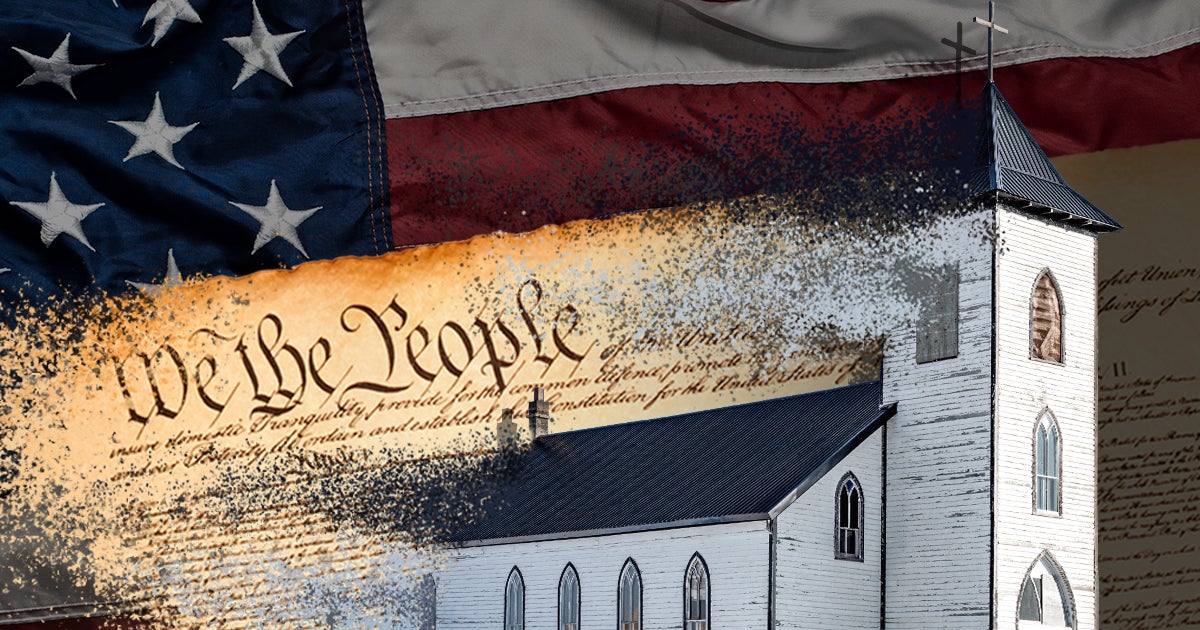
by Ethan Tong & Jorge Gomez • 4 min read
The U.S. State Department recently published two reports evaluating religious liberty in nearly 200 countries. One by the U.S. Commission on International Religious Freedom (USCIRF), and another by the Office of International Religious Freedom. The findings suggest that attacks on religious freedom are on the rise.
The State Department uses several categories to track religious freedom violations. If a government engages in or tolerates “severe” religious freedom violations, it recommends it be designated a country for the Special Watch List (SWL). If a government engages in or tolerates “particularly severe” religious freedom violations, it recommends it be designated a Country of Particular Concern (CPC).
Especially alarming is how quickly countries are being added to the lists of religious freedom violators. Just two years ago, 10 countries were designated as a CPC and four were on the SWL. This year, 15 were recommended to be designated as CPCs and 12 to be added to the SWL.
The State Department highlighted several places where there’s been a dramatic deterioration over the past year. For example, it elevated Afghanistan to an official CPC. In the aftermath of the Taliban takeover, USCIRF noted that “religious freedom conditions in Afghanistan, and the overall human rights situation, significantly deteriorated in 2021. Religious minorities faced harassment, detention, and even death due to their faith or beliefs.” The commission also listed another country—the Central African Republic—on the SWL.
Russia was listed as a CPC for the first time. At a recent news conference, Ambassador at Large for International Religious Freedom Rashad Hussain said:
“Russia has doubled down on its violations of religious freedom rather than reverse course. Russian courts regularly reach new milestones for excessive prison sentences against individuals exercising their religious freedom, and Russian authorities carry out hundreds of home raids against suspected extremists that frequently include violence…suppression of religious leaders and the appalling destruction of religious sites.”
For Americans, it is a stark reminder that religious liberty is worth defending.
Let’s not forget: Living out one’s faith peaceably and without the fear of government repression is something that we consider a right. Religious hostility in countless countries means that millions of people live out their faith in fear of persecution and violence. For them, it’s an act of rebellion to live according to their beliefs—to the point that they even risk losing their lives.
When it comes to religious liberty, America has been, as John Winthrop envisioned, “a city on a hill.” Since the first settlers who came to the New World, we’ve shone as beacon of liberty, a safe haven where people of all faiths can peacefully and freely live out their beliefs.
The growing threats and atrocities surfacing globally should compel Americans to fight even more boldly for religious liberty at home. There’s a reason why tyrants and repressive regimes always seek to destroy and undermine religious liberty first. They cannot tolerate citizens who have an allegiance to anything above the government. If they can succeed at repressing the faithful, then they can exert complete control.
The warning signs from overseas could not be any clearer. No country is immune to the threat of tyranny. As Ronald Reagan warned us in his 1967 Inaugural Address, freedom is never more than one generation away from extinction. Religious freedom is at the heart of liberty. All other freedoms—civil, economic and political—require first the right to live according to one’s conscience. Without religious freedom, no one can truly live in liberty. Now, perhaps more than ever, is the most important and critical time to be on the frontlines of this fight.